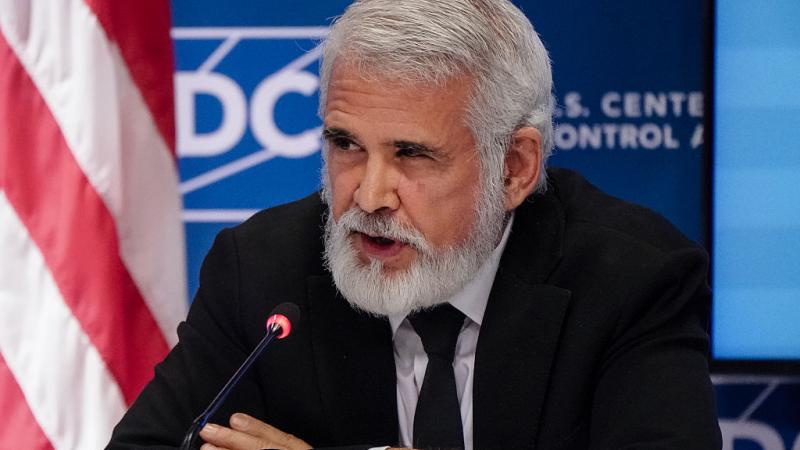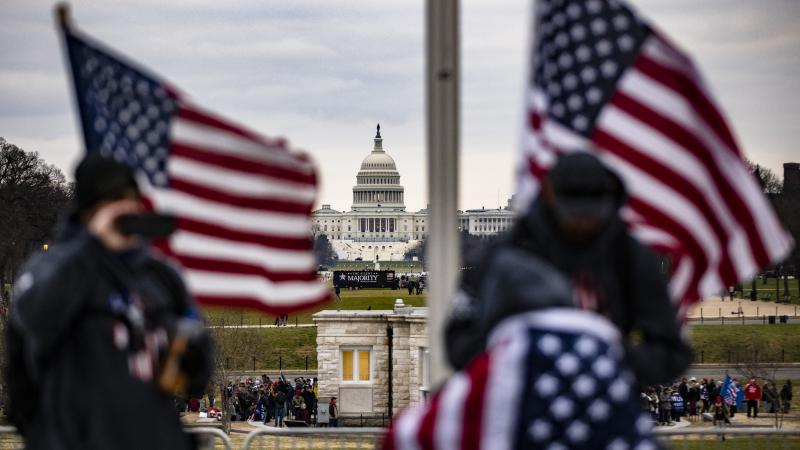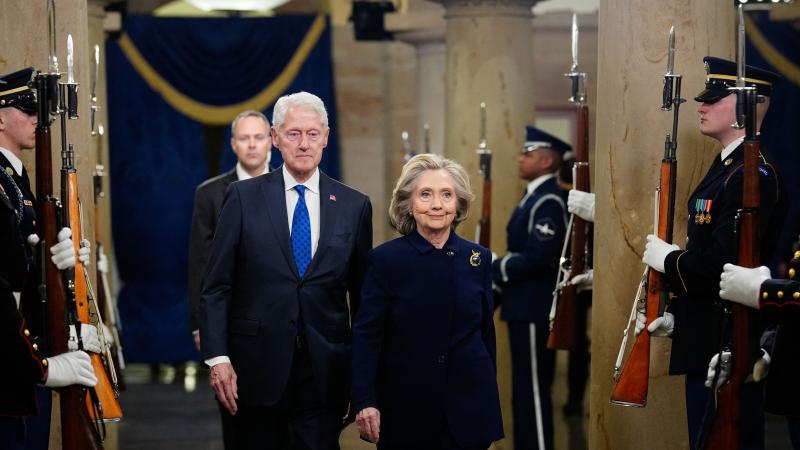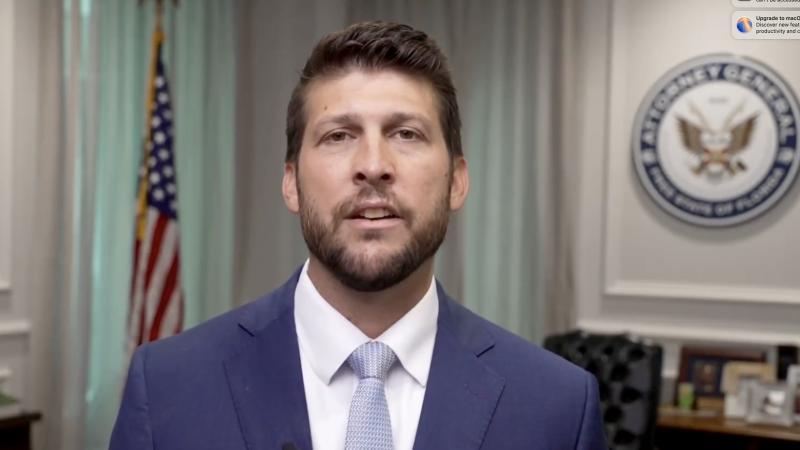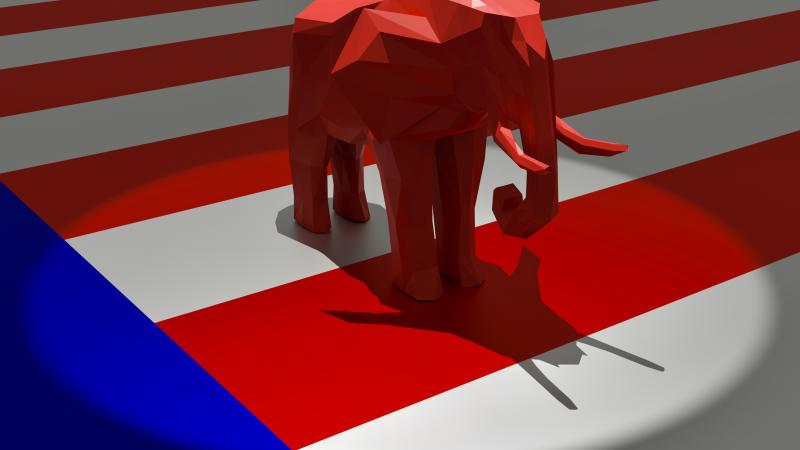As talk of auto bailout grows, GOP congressman calls it ‘socialism’ and ‘cronyism’
Some lawmakers are advocating for a bailout of the auto industry in a future coronavirus bill
A bipartisan group of House lawmakers from Michigan and Ohio are trying to garner support from fellow chamber members for a bailout of the auto industry in “future COVID-19 pandemic legislative proposals.”
The group is asking them to sign onto a letter to House Speaker Nancy Pelosi and House GOP leader Kevin McCarthy in which they predict the “economic fallout for the industry” to be “grave” – saying sales are “projected to drop as much as 30 percent for the year from over 17 million cars sold in 2019.”
Reps. Marcy Kaptur (D-Ohio), Debbie Dingell (D-Mich.) and Fred Upton (R-Mich.) are leading the push for signatures on the letter, which calls for including an auto bailout in another coronavirus stimulus bill.
A formal proposal has not been drafted yet and the exact amount of the potential bailout has not been determined.
“April was the worst month in decades for car sales. Rental car companies struggle on the brink of closing forever. Many businesses in the industry face a cash crunch even as they prepare to ramp back up,” the letter reads.
“Liquidity is challenging, particularly for suppliers, and it will be necessary to support demand for some time to ensure a meaningful recovery. In some regards, challenges the industry face exceed those of the 2008 financial meltdown,” according to the letter.
The lawmakers who crafted the letter wrote that they are looking forward to working with congressional leaders to “craft a prudent response” so American workers in the auto industry “can help drive a robust recovery.”
A congressional source did not have the full list of lawmakers who have signed onto the letter but said there’s been “a lot of interest” in the House.
Rep. Thomas Massie (R-Ky.), a member of the House Transportation and Infrastructure Committee, told Just the News that he’s opposed to an auto bailout.
“Any publicly traded company has an avenue for getting more [federal] money; that is they have to sell their stock to raise capital. That's why they went public in the first place,” he said. “So when you hear the airlines and the automobile companies coming to the federal government and asking for a bailout, what’s happening there is the shareholders in that company know that their recourse to raising money is to dilute their own shares, and they don't want to dilute their own shares.”
Massie warned that automakers who receive a bailout would “buy shares back” and “try to increase their ownership in the company.”
Instead, Massie said, they're going to have to “bite the bullet and go back into the public market and sell more shares in their company and share some of the future profits” with new shareholders.
“That’s the way capitalism works but right now, we're saying if you buy shares in a company that you can enjoy the upside but if the stock goes down too much that we’ll put that burden on the taxpayer. That's just not right,” he said. “When when you have capitalism on the upside and socialism on the downside, that's cronyism.”
The federal government bailed out certain automakers in 2008. The government ultimately lost $11.2 billion.



